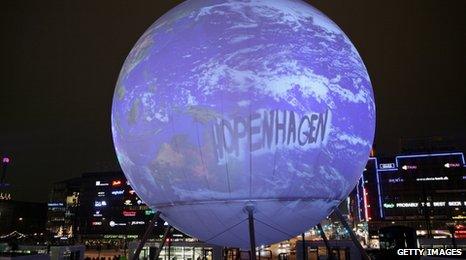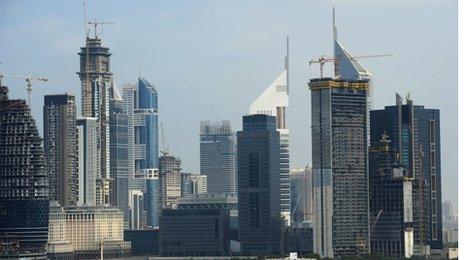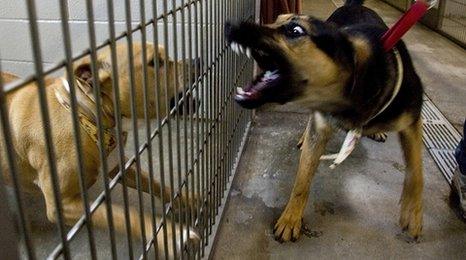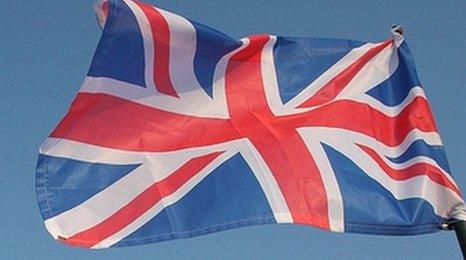What can a climate change summit achieve?
- Published
World leaders are meeting in Copenhagen to debate a new deal on cutting greenhouse gas emissions. If they reach an agreement it is likely we will have to make major changes to our homes, transport, and even our food in the coming decades.

So what exactly is climate change?
The earth's climate has always changed naturally over time, but most scientists believe that humans are making the world hotter and that this is causing problems for people, plants and animals.
It is all to do with greenhouse gasses which are released during activities like burning coal and petrol. These gasses cause more heat to be kept in the earth's atmosphere.
If the world keeps getting hotter, scientists predict glaciers will melt and cause flooding. Other places could experience droughts, making it harder to grow crops.
But don't some people say climate change is nothing to do with humans?
There are a few scientists who believe global warming is completely linked to natural changes and some even reckon the earth will cool down on its own. But the majority of experts agree that climate change is a big threat.
So what's happening in Copenhagen?
The summit in Copenhagen is the biggest ever meeting on climate change. Officials from 192 countries are holding two weeks of talks aimed at establishing a new global treaty. This means setting fresh targets on cutting greenhouse gas emissions. Some countries signed up to a previous deal in Kyoto in 1997, but the targets expire in 2012.
Is a deal likely?
A lot of issues are involved. Eight of world's most powerful countries and a number of large developing countries have already agreed that any future temperature rise should be limited to 2C.
Climate scientists say emissions must be cut by around 40% of 1990 levels by 2020 in order to achieve this, however some politicians believe it will be too difficult.
Many are worried about the cost of funding new, renewable energy projects. There is also the issue of how much developing countries should be asked to cut their emissions. Places like China and India want the opportunity to expand their industries and technologies to catch up with Europe and the United States.
How will a deal affect us in the UK?
If a deal is agreed, it will be up to individual countries to decide how to reach new targets. However most climate scientists predict more electric cars on our roads, fewer short-haul flights and changes to the way we heat and power our homes. Some even want us to cut down on eating meat.
- Published2 December 2009

- Published26 November 2009

- Published13 November 2009
